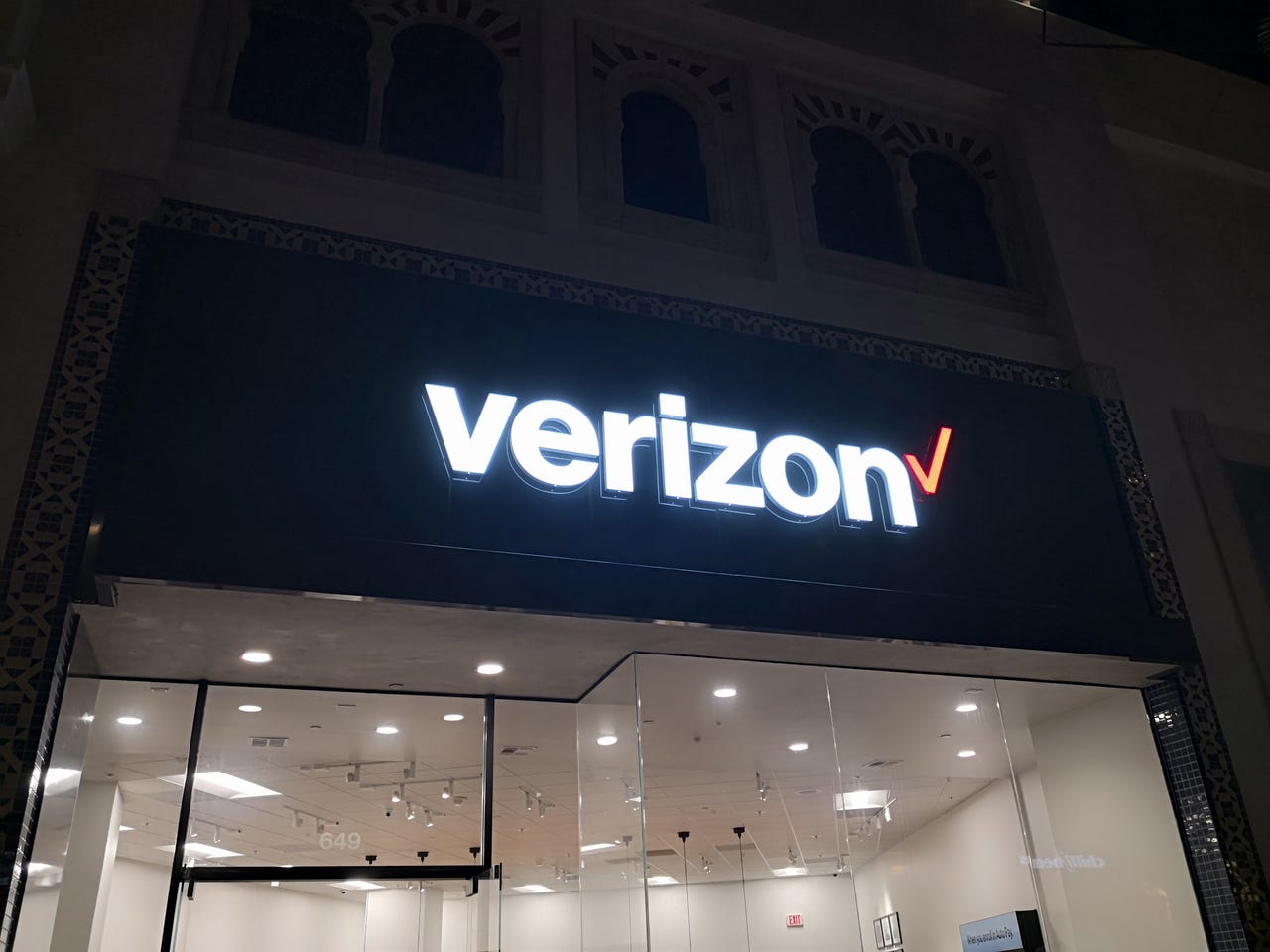A Verizon salesman says he's had enough of selling iPhones and Samsungs

End of an era?
Who sold you your phone?
Are you just so clever that the minute you see rumors about a new phone, you're already preparing your online order?
Or do you need Tim Cook and his questionably dressed co-workers to excite you about it from a remote stage?
Or might you be one of the remaining millions who go to a phone store looking for guidance?
I only ask because Louis has had enough. Louis from Verizon, that is.
I encountered Louis last year, as he revealed some of the innards of working in a Verizon store. (Louis is, of course, not his real name. He strong-armed me not to reveal that.)
A Verizon veteran of more than a decade, Louis explained how times had changed. He described the parameters of his job like this: "In addition to meeting a sales quota, I also have to take bill payments, stock shelves, help grandma learn how to use the iPhone her grandkids forced her to buy and troubleshoot any and all warranty issues that arise."
He didn't survive by selling phones. Instead, selling accessories and add-ons was what kept him in a job, he said. As for his incentives: "Our commission checks are made by using a formula that essentially combines renewals and gross adds [new lines of service] multiplied by the percentage to our revenue target we are charged with."
Last week, Louis got back in touch. He'd just quit. He just can't do it anymore. All that selling of iPhones and Samsungs, well, he'd sold his last.
It's not easy for some to remember how much tech -- and how it's sold -- has changed.
"I personally lived very comfortably from 2005 till about 2013 or so," Louis told me, "when the company slowly but surely phased out the commission structure we had all become accustomed to and moved toward the 'universal sales rep' known now as the Solutions Specialist."
A Solutions Specialist is supposed to know about everything. The truth, of course, is that this isn't often possible. And, in a period of relatively full employment, staff turnover is always an issue.
Previously, Louis said, selling phones for Verizon had been a good life: "People made six figures as a Sales Rep, and not a single person with that success was honest."
Oh, come on, Louis, no sales rep is entirely honest, are they? They're just like CEOs. They have to make difficult revenue decisions.
Louis, however, sees himself as one of the good ones, those who genuinely wanted to help customers.
For him, though, the future had been very clear for some time, and it wasn't a future to which he aspired.
"Of course, no one held a gun to the tenured reps' heads to make us stay. In fact, Verizon would rather we left and decreased the surplus population," he told me.
So why did he hold on? Well, he saw that Verizon had offered those who worked in its kiosks a severance -- "a generous one, at that." He hoped for the same for Verizon store employees like himself. He felt like he'd earned it.
"You can't spend quality time with people like you could at a slower-moving, less traffic location like the kiosks," he said. "I burned out towards the end."
Of course, there will be those who have no sympathy. There will be those who say that times change, Louis had a good run, and he should be grateful. Staying in a job to get a good severance isn't exactly the best reason.
But for salespeople of Louis' generation, this was an old-fashioned corporate job, one in which you hoped to be treated well as long as you delivered the numbers. Indeed, he describes Verizon as "Big Red, Ol' Reliable." These days, he adds: "Tongue firmly in cheek."
I spend an unreasonable time in phone stores and receive varying levels of service, much of it perfectly enthusiastic. Most employees are young. Many seem as if they may not stick around for too long.
Yet attitudes have changed -- from the customers' side as well as the employees'. As Louis told me last year: "If someone comes into my store and I spend an hour going over plans and phones and all that jazz, I'd expect at least the courtesy of the opportunity to actually sell the products we discussed."
Instead, he says, people just go to buy the phone somewhere else.
The future of carrier phone stores seems nebulous at best. Yet Apple has shown how important physical retail can be in enhancing your brand. Mostly, though, the carrier brands are now more concerned with selling entertainment packages, rather than phones.
Which is another reason Louis says he's done. What will he do next? Live a less stressful life, he says.
